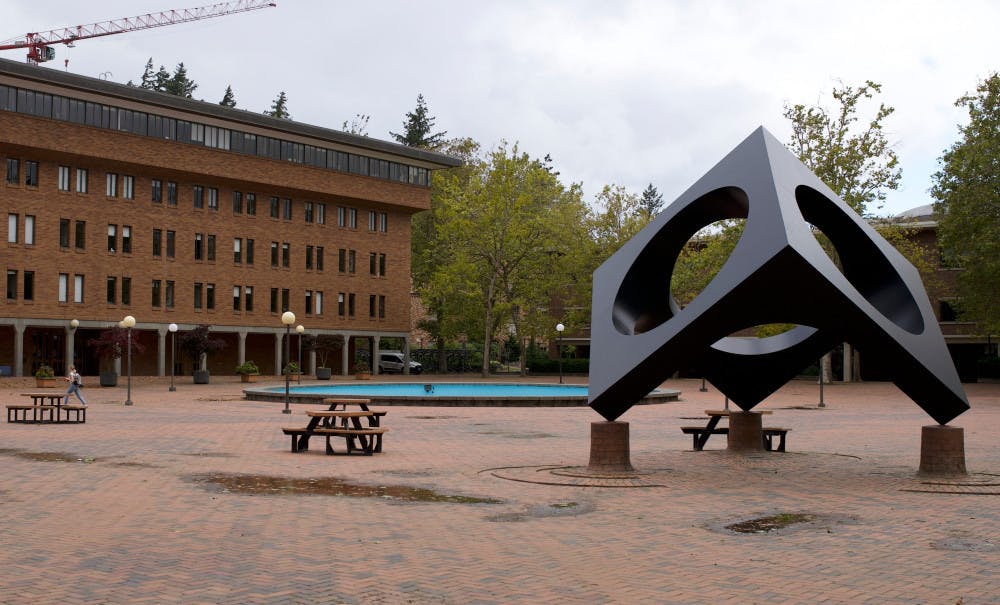COVID-19 causing students to question the value of online education.

In the face of COVID-19, an increasing number of students have decided to take the year off from college.
As a result, Western has faced a 169.9% increase in student deferrals this year along with a 5.9% decrease in total enrollment compared to fall 2019.
Increased deferrals and overall decline in college enrollment is occurring nationally, Western Director of Communications Paul Cocke said.
“National reports point to a 16% drop in freshmen enrollment compared to fall 2019,” Cocke said. According to Western Admissions data, first-year student enrollment Western is down 18.2%.
First-year Western student River Sanders is among those who deferred enrollment to Western.
“I just didn’t think the idea of online school sounded very fun, especially online college,” Sanders said. “I could have four years of something that I enjoy a lot more than, like, three years of something I enjoy, and then a year of something that kind of sucks.”
Western has become familiar with this type of reasoning.
“The educational experience as modified to address health concerns during the pandemic is not the campus experience that they want to have for their first year in college, and they want to wait until it is,” Cocke said.
The online format is one of the minor reasons students are deferring enrollment, Ethan Knight said. The main reason is cost, he said.
Knight is the founder and executive director of the Gap Year Association, an organization that, according to its website, wants “to maximize the potential of young adults, through accessible and meaningful gap year opportunities.”
“Why is it that we charge less for an online sort of degree than we do for in person?” Knight said. “I think that this is one of the biggest reasons why students are sort of choosing to take a big gap year.”
One of the difficulties of deferring is that the college may still require students to pay even if they have decided to defer, Knight said. The Gap Year Association has been notified of many class action lawsuits defending students who have deferred enrollment but are being asked to pay for the semester anyway, he said.
“Students are feeling like they’re being scammed, and colleges are in survival mode,” Knight said.
Sanders first thought of deferring when he heard one of his peers had a difficult time with online courses at Western last spring quarter, he said.
“I’d rather just work and save money than go to online school,” Sanders said.
Every student should consider taking a gap year, Knight said.
“What I say is every student would benefit from taking one, but I also say they’re not right for everybody,” Knight said.
Those interested in taking a gap year need to be self-driven, Knight said.
Western recommends that those taking a gap year continue learning, stay in touch with Western admissions staff and stay informed of Western updates, Cocke said.
Sanders remains torn between the relief of not having to sit in Zoom calls and missing being around people his own age.
“That’s probably what I miss the most, is just constantly being surrounded by peers, is kind of, like, really comforting,” he said.





